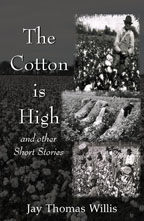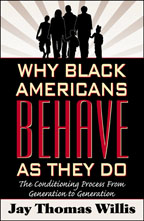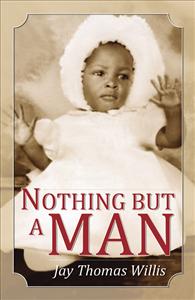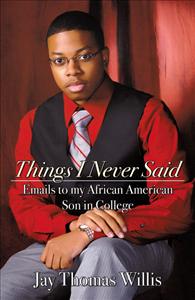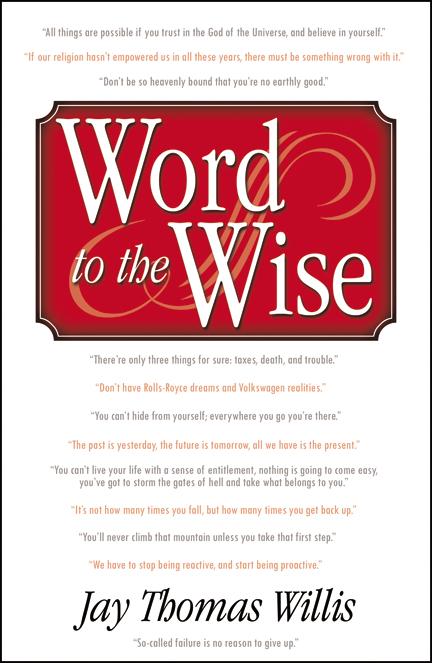 |
A semi-fictional autobiography, it depicts the life of a young man growing up in a
rural area of North Louisiana. This young man grows up driving a wagon in an age of
jet propulsion. The novel considers his early years, his school days, his college
years, his military experience, and the latter part of his life. The trials and
tribulations of the primary character, C.L., are described. The author tries to get
the point across that if one starts out with severe deficits, it may be difficult to
overcome them.
Mostly there were dirt roads of red clay leading to the homes of blacks. Electricity
was a new invention for these rural blacks, and running water was unheard of. There was
no natural gas, no indoor toilet facilities, and no telephone lines. The houses were
crude and strong winds could be felt indoors. Many of these houses resembled plantation
shanties from slavery days.
C.L. was born in the South in 1947, his parents the products of a bygone era. They
had what C.L. refers to as a "sharecroppers mentality." They couldn't escape the
conditioning they underwent as children, and thus passed along to their children the
experiences they themselves once had. C.L. makes it quite explicit that through his
story that it's difficult to change one's situation once life is begun with severe
deficits, which can lead to many other depriving situations.
|













